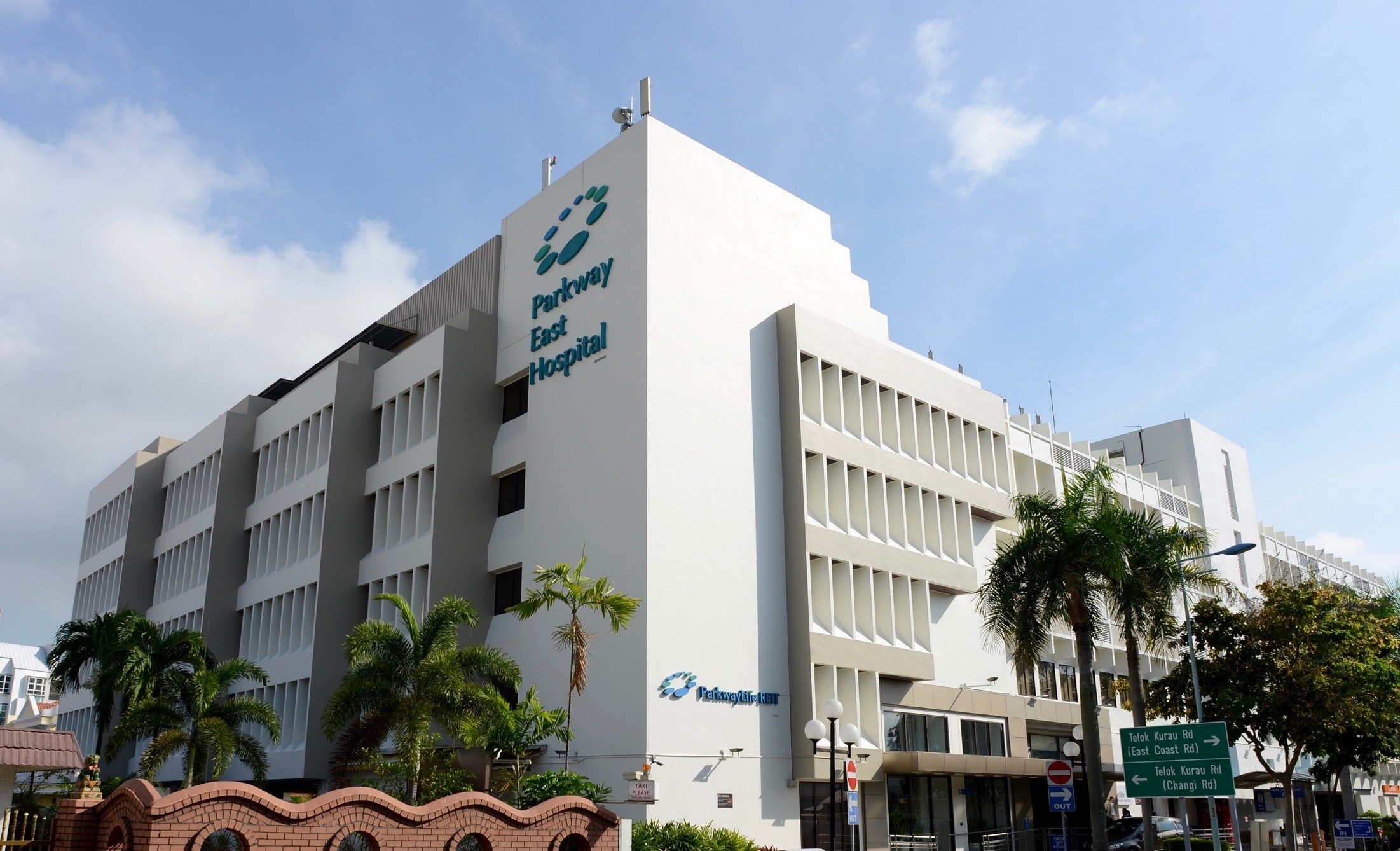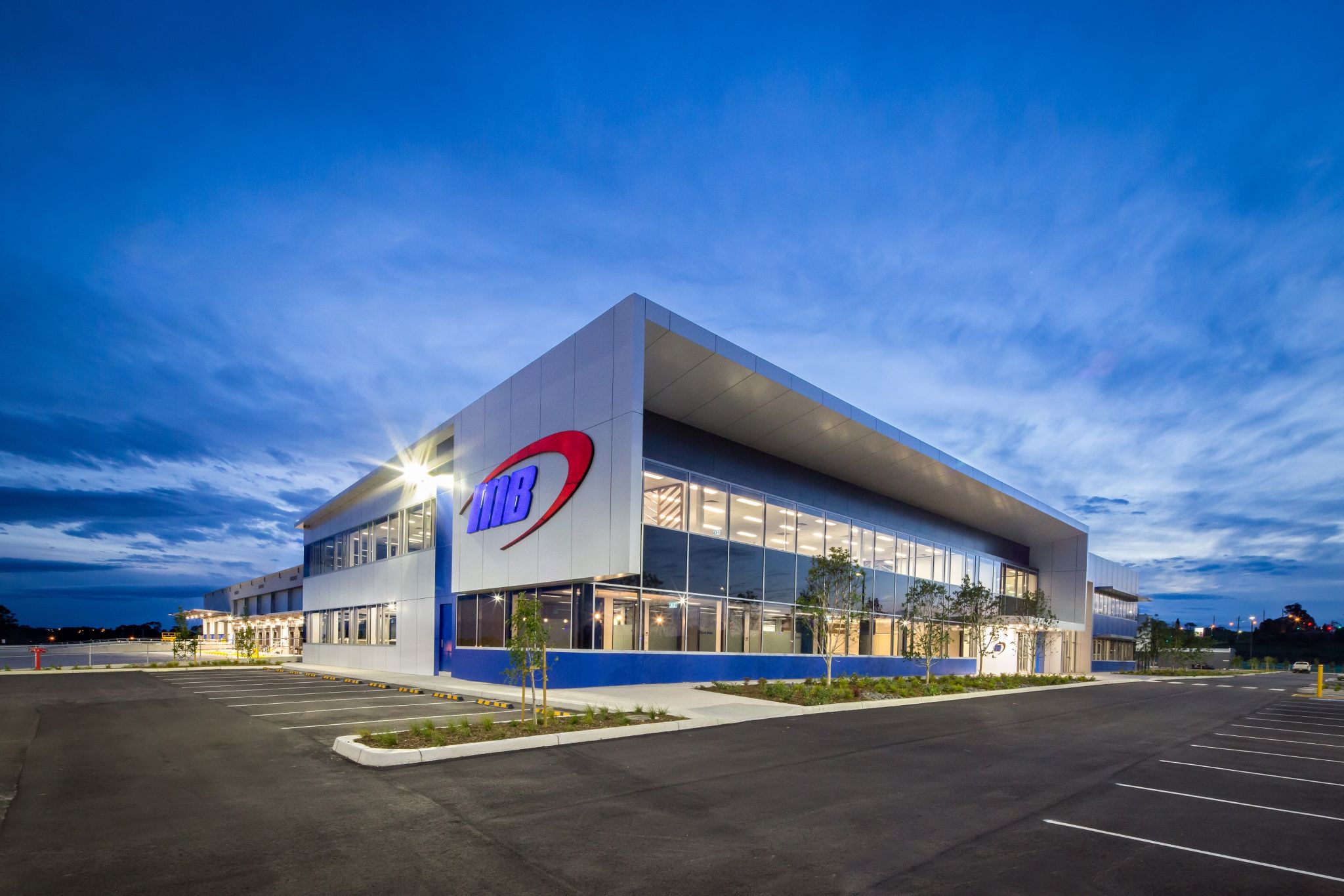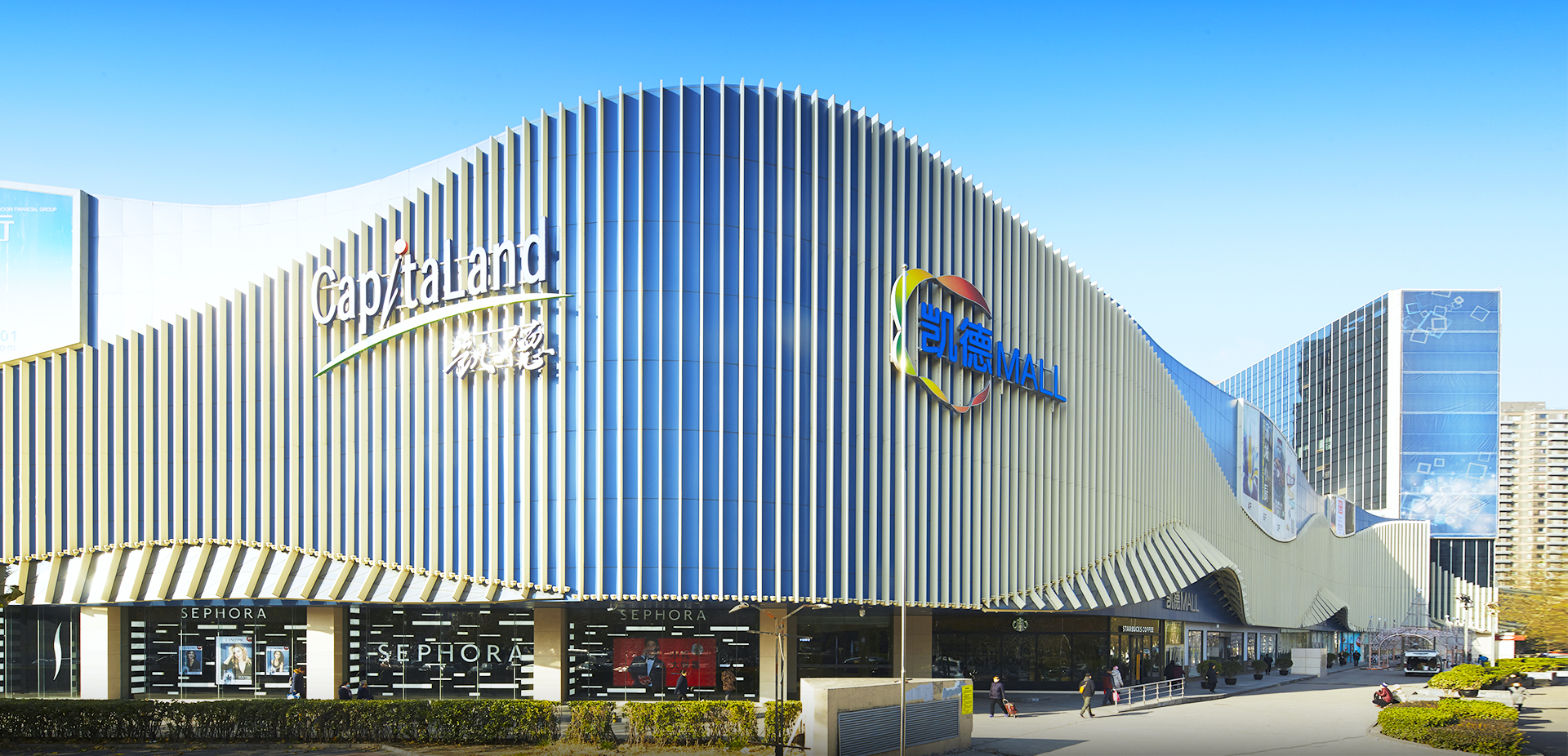Parkway Life REIT (“PLife”) is one of Asia’s largest listed healthcare Real Estate Investment Trusts (“REIT”). It invests in income-producing real estate and real estate-related assets used primarily for healthcare and healthcare-related purposes. As at 30 June 2020, PLife REIT’s total portfolio size stands at 53 properties totaling approximately S$1.96 billion.
It owns the largest portfolio of strategically located private hospitals in Singapore comprising Mount Elizabeth Hospital, Gleneagles Hospital and Parkway East Hospital. In addition, it has 49 assets located in Japan, including one pharmaceutical product distributing and manufacturing facility in Chiba Prefecture as well as 48 high quality nursing home and care facility properties in various prefectures of Japan. It also owns strata-titled units/lots at Kuala Lumpur in Malaysia.
PLife have been expanding their Japan nursing homes over the last few years. Japan is one of the countries with the highest aging population and if they can leverage their expertise, they can move to other countries once aging population becomes a problem there. Due to lower birth rates and, ironically, advancements in healthcare, aging population is an increasing situation in almost every country around the world.
Third Pillar
There are currently 2 pillars supporting PLife REIT. They are:
- The Hospitals in Singapore
- The Nursing Homes in Japan
Recently, PLife have mentioned they will be looking to venture into a new market and develop a new stream of revenue.
While the timing of this is uncertain, in my opinion it is certainly welcoming. This will allow for them to diversify their revenue and not rely on a single tenant for a large proportion of their income, protecting them against downside risks.
Index Inclusion
PLife has been included in the FTSE EPRA NAREIT Global Developed Index after the close of business on 18 September 2020.
With this inclusion, it will increase its visibility to many institutional investors and index funds. Consequently, this may lead to further capital appreciation and justifying its current premium.
Website: Parkway Life Reit joins FTSE EPRA NAREIT Global Developed Index
Dividend Yield
PLife have been consistently improving their dividend throughout history. Below is a table of their dividend history. (Note that year 2020 is not the full year dividend as the year has not ended)
As at 21 September 2020 closing price of SGD4.20 and dividend of SGD0.132, this translates to a dividend yield of 3.1%.
It is worth noting that for a REIT, the yield is very Low. Most common benchmark used is approximately 5%. The low dividend yield of this REIT is more likened to a growth stock, which indicates higher risk. Depending on a person’s risk appetite, this yield is not attractive.
Key Metrics (2Q 2020)
Improving Distribution Per Unit (“DPU”)
DPU have been consistently improving since their IPO and is on track to improve in FY2020 as well.

Occupancy
Committed occupancy stands at 99.7%. It is worth noting that their Singapore and Japan assets are committed at 100%, which are the major components of their assets. It is pulled down by PLife’s sole Malaysian medical centre, which stood at a dismal 31%.
Do note though that the Singapore assets are due for renewal by August 2020. This will be further discussed under “Key Things to Note”.
Gearing ratio
Gearing ratio stands at 38.3% as at 30 June 2020. This to me is considered quite high although still healthy. While it is still a distance away from the recent MAS raised limit of 50%, it suggests a possible rights issue should they decide to take an aggressive stance to expand in the near future.
Interest coverage
The interest coverage stands at 15.8 times, attributable by their low cost of debt of 0.60%. This is favorable in my opinion and as the general interest rates are hinted to continue to stay low for an extended period of time, I am expecting this indicator to stay favorable in the long run.
Debt maturity profile
Weighted average term to maturity of their debt stands at 2.3 years. This allows them sufficient time to refinance their debts as they fall due.
Price to Book Ratio
The Price to Book (“P/B”) ratio currently stands at 2.165. This is computed using the closing share price of SGD4.20 on 21 September 2020 and the net asset value per share of SGD1.94 as at 30 June 2020.
This represents that it is currently priced more than double its actual worth, which for a REIT is a significant premium.
Key Things to Note
Tenant concentration
For the financial year ended 31 December 2019, Parkway Hospitals Singapore Pte. Ltd. is their top tenant contributing 58% of gross revenue. This indicates a heavy concentration of revenue and puts the REIT at the mercy of their customer. This master lease is set to expire in 2022, with the option to extend by another 15 years.
While I am of the view that a renewal is likely to happen, due to Covid-19, I am expecting some downward revisions in the rental rate terms. Cashflows have been tightening for all businesses and rental expense are one of the significant overheads that tenants will wish to cut down on. This might adversely affect the Distribution Per Unit (“DPU”) of the REIT moving forward.
It is worth nothing however that the top tenant is a wholly owned subsidiary of Parkway Pantai Limited, who is a wholly owned subsidiary of Kuala Lumpur-based IHH Healthcare, Asia’s largest private healthcare group.
The largest shareholders of IHH Healthcare are Mitsui of Japan (one of the largest sogo shosha in Japan) and then followed by the Malaysian government’s sovereign wealth fund Khazanah Nasional.
This leads me to not expect the tenants to run into cash flow problems in the short term. Instead more of an issue of whether they want to exit the agreements or not. If they exit means Singapore hospitals are no longer attractive.
Private Healthcare Service
PLife Singapore hospitals generally provide more specialized private services which are not necessary deemed as essential during the Covid-19 period. They are also dependent on overseas customers coming to Singapore seeking its renowned healthcare services.
In view of all the travel restrictions, it is almost definite that their tenants are impacted in some way with the fall in footfall. While there is not much expected impact in the short term given the abundance of government stimulus that have been rolled out or will roll out till 2021, it is worth noting that should the Covid-19 continue for extended periods, we might see a fall in committed occupancy and a corresponding fall in DPU.
Summary
For PLife REIT, I am in favor of their potential growth prospects. However we have to keep in mind that the current share price of SGD4.20 is over extended with the recent good news and also Index Inclusion.
A REIT that is trading at a significant premium will also experience a bigger capital depreciation if a major correction occurs. The current macro environment suggests such a possibility as the world economy struggles to recover.
I believe that PLife REIT at its current share price is Over Valued. We should look at an entry price of below SGD3.75, with a dividend yield of approximately 3.5%, for a better margin of safety.



